Committees appointed by the EAP Governing Board:
Executive committee
The Executive Committee of the EAP consists of a maximum of fifteen persons: the President, the two Vice-Presidents, and
the Treasurer, all elected by the General Meeting, the General Secretary, the External Relations Officer, the Registrar,
the Chairpersons of the NUOC, EWOC and ETSC, all appointed by the Governing Board. The Governing Board may elect two
more of its members to the Executive Committee.
Minutes of decisions taken by the Executive Committee are presented to the Governing Board.
The Executive Committee carries out the tasks of the Governing Board and is responsible to the Governing Board.
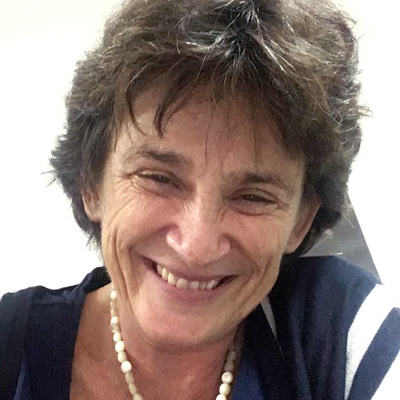
Irena Bezic
President, Co-Chair NUOC
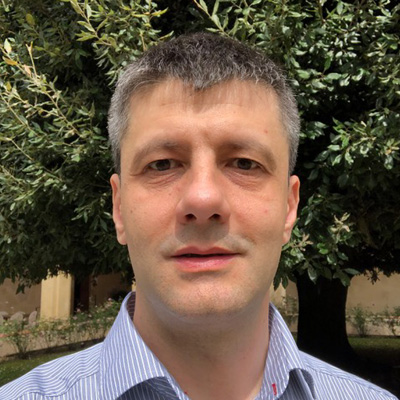
Catalin Zaharia
Vice President Elect, Co-Chair SARC
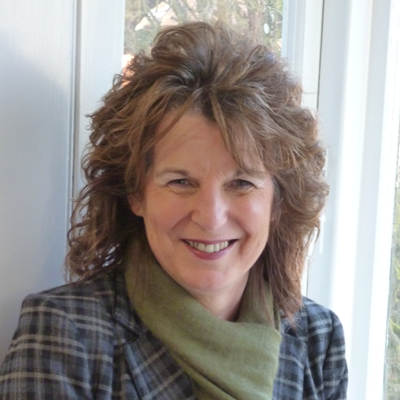
Patricia Hunt
Former President

Tom Warnecke
General Secretary

Ivana Slavkovic
Registrar, Chair TAC

Mag. Alexander Rieder
Treasurer

Prof. Nevena Calovska-Herzog
External Relations Officer
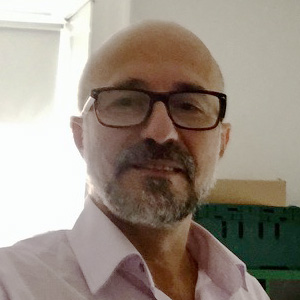
José Maria Castilho
Chair ETSC
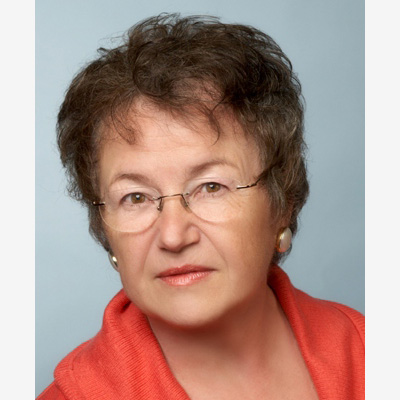
Dr.med. Elfriede Kastenberger
Co-Chair EWOC and GAP
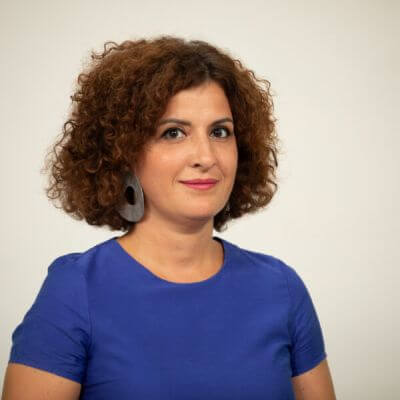
Tatjana Prokic
Deputy Registrar
Executive Committee | Detailed Information
Ethical Guidelines Committee (EGC)
The main task of Ethical Guidelines Committee is to facilitate research and discourse, such as symposiums and workshop
events for example, on ethical developments relevant to psychotherapy. The Ethical Guidelines Committee will also
periodically review the EAP Ethical Principles and propose amendments to the EAP Board as appropriate. The Ethical
Guidelines Committee cannot receive ethical complaints or act as an appeals board for complaints but may develop
additional policies in response to recurring conflicts between EAP stakeholder organisations and individuals affiliated
with EAP and recommend such policies to the EAP Board.
European Training Standards Committee (ETSC)
The European Training Standards Committee (ETSC) is a ‘standing committee’ of the EAP, which has the function of
establishing suitable standards for training and education for European psychotherapists and to make recommendations to
the Governing Board.
Within this remit, the ETSC has the responsibility of overseeing the development of the European Certificate of
Psychotherapy (ECP) and the project to establish the professional competencies of a European psychotherapist.
It is also involved in negotiations with ESCO, the committee for European Skills, Competencies, Qualifications and
Occupations, which identifies, classifies and categorises all the skills, competences, qualifications and occupations
relevant for the EU labour market and professional education and training.

José Castilho
Chair
The EWOC is the body dealing with all matters arising in European-wide organisations (EWO) and monitors the development
of modalities throughout Europe. It assists other EAP committees, in particular Membership and Training by checking the
scientific validation of an applying organisation. Two members of EWOC are delegated to the Membership committee.
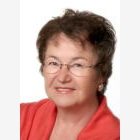
Elfriede Kastenberger
Co-Chair

Bruno van den Bosch
Co-Chair
Grandparenting Advisory Panel (GAP)
GAP meets twice per year when it reviews European Certificate of Psychotherapy applications for modalities which are not
represented by a European Wide Organisation (EWO); applications that fall into the category of "Multi Modal" and for
reviewing appeals.
Panel members – The Registrar, Ivana Slavkovic and delegates from EWOC and NUOC

Ivana Slavkovic
Chair GAP
Membership Committee (MC)
The Membership Committee has six voting members. Two members are appointed by the National Umbrella Organisations
Committee (NUOC), two members from the European Wide Organisations Committee (EWOC), one member from the Chamber of
Individual Members, and the current EAP president. The chair is elected by the committee. The committee considers all
applications for organisational and individual membership. The committee has two formal meetings per year but will
consider and decide individual membership applications throughout the year with digital communication.

Bruno van den Bosch
Chair Membership Committee
National Umbrella Organizations Committee (NUOC)
The NUOC represents all National Umbrella Organizations (NUO) and considers any topics and situations that concern them.
The council monitors the development and recognition of psychotherapy in European countries and supports other EAP
committees such as Membership and Training and Accreditation committees, for example with information about the
situation in a country relevant to EAP membership, or ECP award issues.

Irena Bezic
Co-Chair NUOC
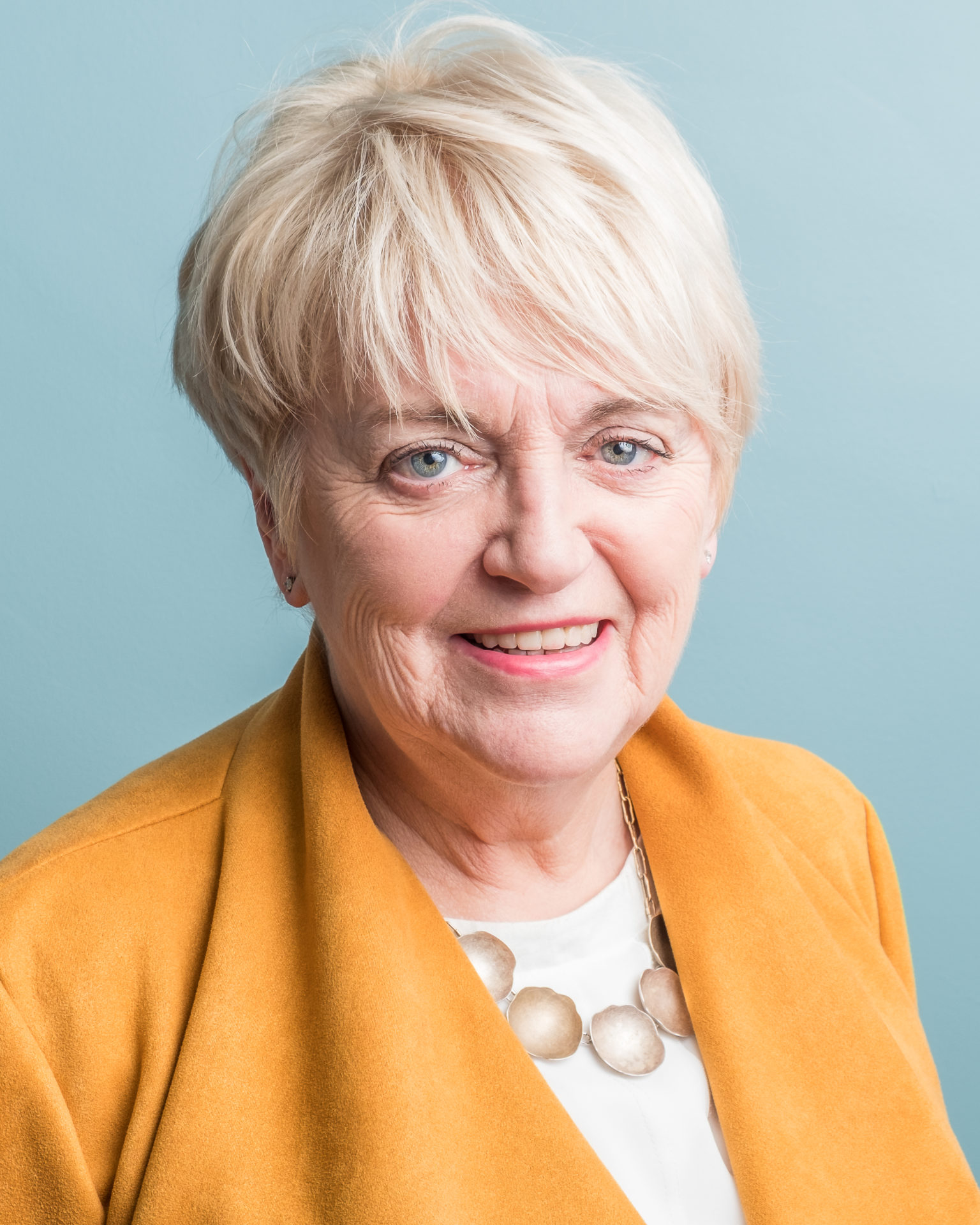
Anne Colgan
Co-chair NUOC
The Nominations Committee prepare the nominations of the President-elect, the Treasurer, and any other Officers (General
Secretary, Registrar, External Relations Officer). It collects nominations and scrutinize in accordance with the
position's job description. Last but not least, the Nomination Committee has the mission to present suitable candidates
to the General Assembly or a meeting of the Governing Board.
Science and Research Committee (SARC)
The SARC’s principal mission within the EAP is to facilitate the access of psychotherapy
practitioners to research and to bridge the well-known gap between practitioners and researchers. There are
several forms and designs of practicing research in the field of psychotherapy. SARC contributes to the discussions
about appropriate research designs that respect the nature of interpersonal processes in psychotherapy.
Research is a complex and highly technical multidisciplinary activity and to achieve our goals, we have built a network
with respected international researchers. Through this contact we offer the possibility for a working relationship
between researchers and EAP trained psychotherapists. For example, by participating in ongoing psychotherapy research
studies, we can bring our contribution to the research in the form of our everyday experience as clinicians in the
field. These possibilities create dialogue and help to reduce the practitioner- researcher gap as each understand better
the needs, objectives and methods of the other. The finality being that research can result in a form of practical
knowledge that clinicians feel able to evaluate and eventually integrate into their clinical considerations when
treating patients. This leads to a more informed and chosen form of “evidenced based practice”.
SARC has a mission statement with a description of its aims and purposes, which can be seen here.
The SARC meetings are held twice a year connected with the regular EAP meetings. They are open to
anybody interested in Research. We participate in psychotherapy research conferences to and report at the EAP meetings.
More information on Science & Research | SARC
Aims of SARC

Catalin Zaharia
Co-Chair

Lynne Rigaud, MSc
Vice-Co-Chair, Psychotherapy
Training Accreditation Committee (TAC)
Training Accreditation Committee is in charge of setting criteria and procedures for accrediting training organizations
as European Accredited Psychotherapy Training Institutes (EAPTI) of EAP. The detailed criteria and procedures for
obtaining and maintaining EAPTI status are contained in the TAC document. The TAC is responsible for checking and
accepting the quality and procedures of the training organisation and subsequently recommending it to the Governing
Board for EAPTI status. TAC is comprised of TAC permanent members and assisted by the pool of TAC International Experts
who visit the institutes and scrutinize their training programs.

Ivana Slavkovic
Chair TAC